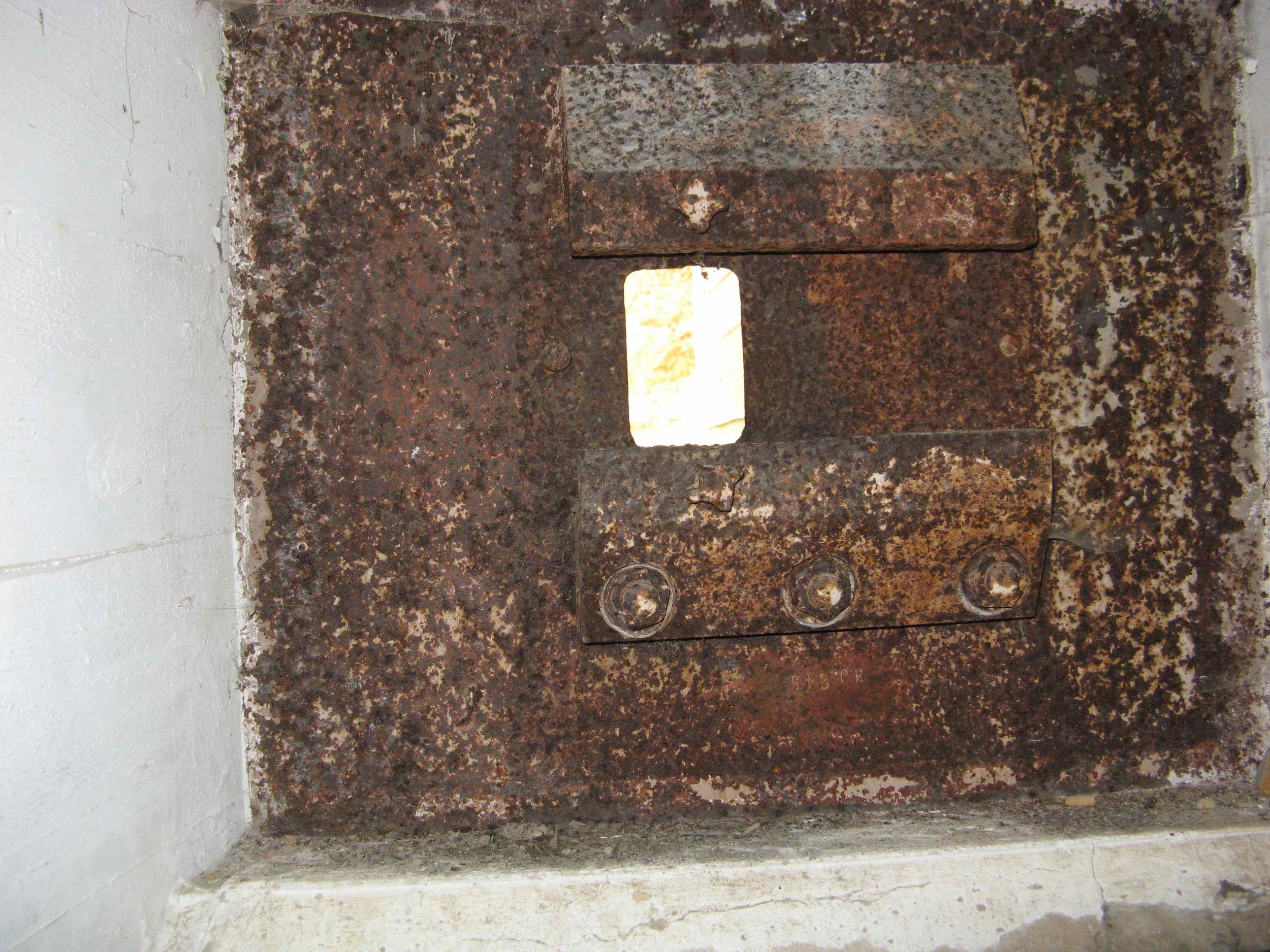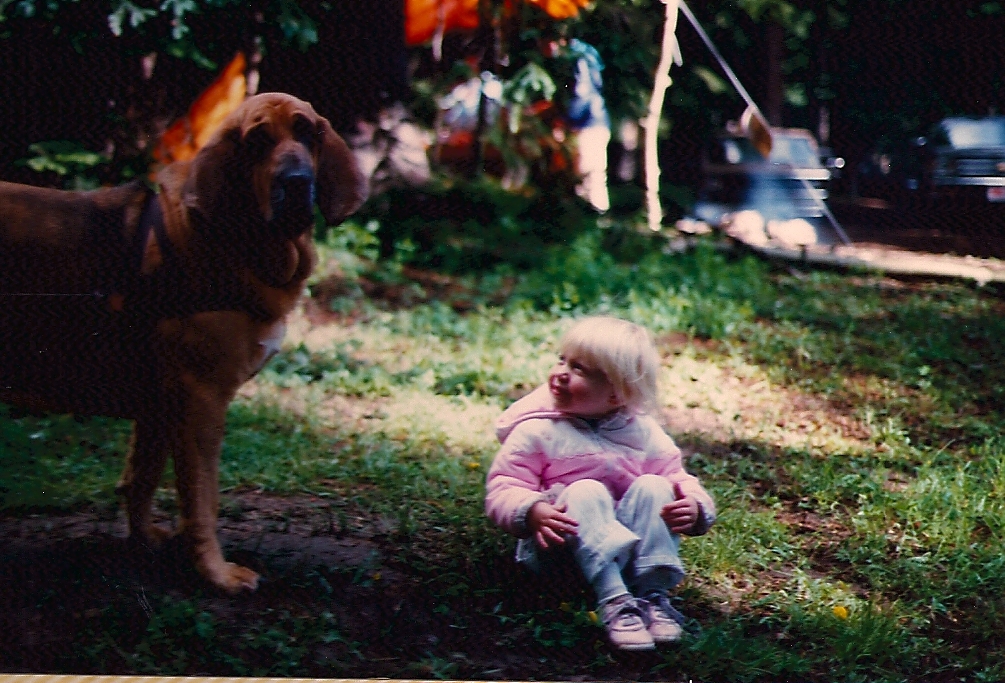Yesterday I stumbled across a book, Young Americans Abroad, or Vacation in Europe, while doing research on Gallica, an amazing site with all sorts of digitized media from the past run by the Bibliothèque national de France.
The book is a series of letters, published in 1852, from a three American boys (aged 12, 14, and 16) to Charley, their 16 year-old friend who was stuck back home studying while they explored Europe with their instructor. They each kept journals and wrote Charley letters about their experiences visiting England, France, Holland, Belgium, Prussia, and Switzerland.
Here are some excerpts from a couple of the interesting ones I have read so far.
Letter 28 is about their first exploration of Paris:
Dear Charley:—
I like this city very much—every one seems so happy out of doors. Not only the poor, but the wealthy, are fond of the open air; and a great deal of time is spent in the gardens and on the boulevards. Every place seems to have provision made for the enjoyment of the people. Ices and lemonade are to be found wherever you go. The appearance of the streets in Paris is much gayer than those of London. You see a much greater number of women walking out, and they are generally very neatly dressed. But the streets do not look as substantial as they do in London. If there is more that is imposing, there Is less that keeps up your wonder. I do not feel able to think that the people here have much business to do, for every one seems to be engaged in pleasure; and yet there are great concerns going on, and the fine manufactures of this city are only to be done by labor and attention.

He goes on to write about visiting their first major site, Notre Dame:
Our first tramp for a sight was to Notre Dame; and I shall never forget, Charley, my first view of this cathedral. The exterior is more striking than any church edifice that I have yet seen. No engraving can afford a fair idea of its grandeur to one who has not seen it, though it will help my mind to recall its beauties whenever I see the picture. [. . .]
We repaired to a small to a small chapel used as a sacristy, or treasure-house of the church. Here we saw the coronation robes of Napoleon, and splendid capes and embroideries, in gold and silver, given by Charles X. And Louis Philippe; and here, too is the vertebrae of the late Archbishop of Paris, who was killed in the revolution of 1848. The bone has a silver arrow tracing the course of the bullet, which lies beside it. This is in time to be a saintly relic, but it seems to me a filthy sight, and in wretched taste.
And at the end of the letter, he writes beautifully about Paris by moonlight:
How much we would all give to have you here; for, though we are glad to tell you what we see, we feel there are scores of objects which interest us that we have to pass over, but which would make your eyes glisten, if you could gaze upon. Well, my dear fellow, stick to your business, make your fortune, and then come and look at the beautiful and fair in the old world; and who knows but perhaps we may yet chat cosily together in Paris? O, I do love to wander through the city by moonlight and gaze upon the bright lofty buildings as they loom up so gloriously in the mild lustre of a silvery night.
God bless you.
Yours affectionately, James.

What I really love about this collection is how the letters can seem relevant to my own experiences in small parts—like the beauty of Paris by moonlight and the way it feels like Parisians seem to slow down and enjoy life. We still wax poetic about these things today, don’t we? There’s still that touchstone of wonder we sometimes share as travelers, even across time barriers.

But then, the time and culture gap will open right back up when the specifics come into play.
By the time the book was published, the Haussmann Plan had not started, so the city of Paris did not look as well manicured as it does today. And then there was the social and political climate. The restlessness of the people and the state. Memories of the 1848 revolution remained strong. France’s government was still in flux, it transitioned from Second Republic to its Second Empire in 1852. I imagine that vertebrae they saw in Notre Dame had far more gravity for those kids in that time than it would today.
On top of that, the Americans had their own issues with which to wrestle, like the glaring problem of slavery. Later, while in England, Weld writes in Letter 54:
I have rarely heard a reflection upon our country, excepting upon our slavery. That they must talk about; and they are a little like the man who, having just got rid of the irritable affection supposed to trouble the North Britons, could not for his life help speaking of sulphur. An Englishman is sure to tell you that he is free from this sin—yes, washed, but scarcely dry.
These letters feel like real perspectives and real experiences, warts and all.
They made me think about how travel can be the context that helps us grapple with, understand, and discover our world, our ideas, our opinions, our culture, and even just the things that bring us pleasure (like moonlit Parisian strolls). But also how our opinions, culture, pleasures, ideas, and world changes impacts our travel experiences.
160 years from now, I wonder, will someone be reading our travel books and blogs for fun? What will they think our experiences? What will we share in common? What will seem totally alien?
If you want to give the book a read, check it out here.


















